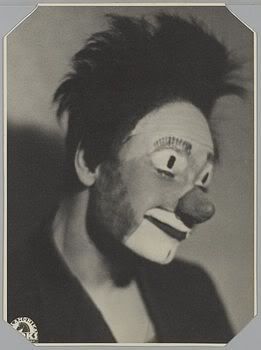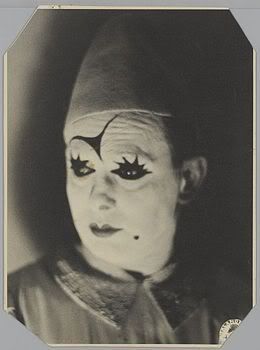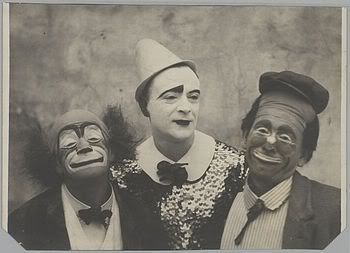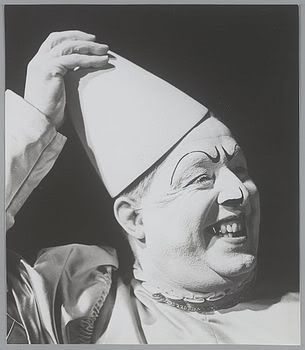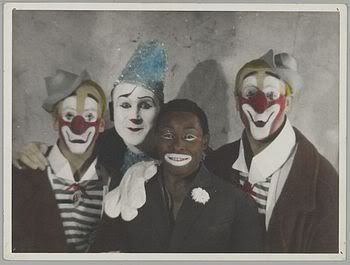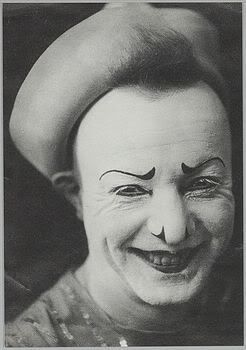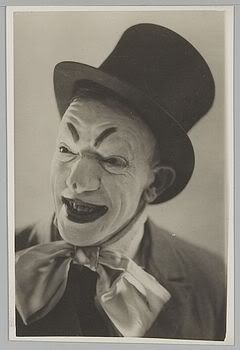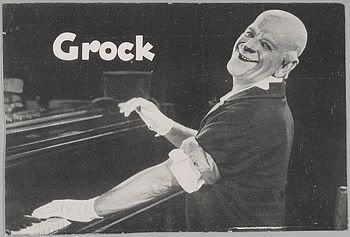
I wanted to use this post to praise my favorite CTA bus drivers, and throw barbs at some others. Of all of the agency employees, I think the bus drivers have the most stressful jobs. The word "multi-tasking" doesn't even come close to what I've seen on the Diversey bus on a typical Saturday afternoon. In addition to answering directional questions, a driver is expected to make sure nobody sneaks on without paying, remember to stop when the cord is pulled, avoid hitting reckless cars, bicycles and jaywalkers, lower and raise a hydraulic lift and then get off and manually pull down a ramp for disabled riders, stay roughly on schedule, and often have his/her ear worn out by some chatterbox who sits up front. Difficult passengers, some of whom have subjected me to sights, sounds and smells I'd sooner forget, are there for the duration. When the man who clearly had gone to bathroom in his pants got on the North avenue bus, most of the passengers (self included) bailed out, choking and gagging. The driver didn't have that option. In that light, it is especially surprising at how many mensches one finds behind the wheel of the Green Limousine.
I have however, encountered a few crazies and garden-variety misanthropes wearing the CTA badge. Some of the more notable:
The young guy driving the Division bus who openly cursed other motorists and got on the PA system and shouted, and I quote, "Get your asses to the back of the bus!" I believe the CTA-favored phrase is "please move to the back of the bus in order to allow other passengers to board." As one of my fellow passengers said, as he was leaving at Clark and Division, "You are insane. I am reporting you."
Also driving a Division bus was an African American woman who launched into an obscenity-laced rant at another black woman with a West Indian accent. Her crime? Pausing too long at the door to give instructions to a man watching her dog. The driver said (cursing redacted) "You people think you're better than us and then come here to steal our jobs!" The passenger began to weep and said that she was going to visit her dying mother in Jamaica, and why was she being treated like this? (I tell you people, why are you still driving? Never a dull moment.) Several people on that bus also vowed to report the driver.
And then there's the sour prick who still works the Belmont route. Instead of doing something for which his personality is suited, like working at a remote fire watch station in the Rockies, he's right in the midst of what he loathes: people. Weirdly, he is also a ringer for actor Strother Martin, and even sounds like him, albeit with a Chicago accent. A few weeks ago, I picked up the west-bound bus at Southport. It was packed, and I backed off the steps to allow several people who had to struggle through the crowd get off belatedly. I paused for one second to see if there was anyone else. "Get on the bus!" he snarled. "I don't got all day!" What we have here is a failure to communicate.
Although most of the drivers are mute and innocuous, the mensches still outnumber the jerks. I already mentioned the driver who allowed two little girls to bring an entire Christmas tree on the bus. Another time, one looked the other way when a little boy got on with a puppy. Pets are supposed to be in carriers, but the child sat directly across from the driver with the sleeping puppy on his lap. He stroked its ears, his face suffused with a pure joy.
Another driver assisted a women in a wheelchair at the east-bound stop at Diversey and Sheffield. She seemed profoundly disabled, possibly with ALS, and even moving the controls on her electric wheelchair was a struggle. As is usual in that neighborhood, someone had parked an SUV at the bus stop, making it impossible for the driver to pull close to the curb. The driver lowered the ramp to street level, allowing a large gap between bus and the curb so that the passenger could maneuver to the corner and up the ramped part of the sidewalk. In her opinion, it wasn't a good solution, and she lit into him. She was pretty abusive, calling him "stupid," and saying he should have dropped her off at the corner. He didn't defend himself, but quietly said, "I do apologize, ma'am. I am sincerely sorry." She continued for a little while longer, and then directed her chair to the corner and deftly rolled up and on to the sidewalk. I was very impressed by this man's grace and composure, and told him so. He thanked me, and said "At the end of my shift, I can walk off of this bus. She probably will never walk again. Maybe I should have pulled up to the corner, I don't know. But I do know that my life can't be as difficult as hers."
Last, the literary bus driver. I was preparing to get off the Belmont bus, holding a paperback in my hand. Traffic was heavy, and we crept toward the stop. The driver noticed my book, and asked me what I was reading. Uh...Independent People. "Is it good?" I'm enjoying it, I said. "What's it about?" I struggled with myself for a brief moment. I looked at this man and saw someone who was blue collar, black and very heavy; he had been automatically filed in my brain under "Different," with a capital D. How would I describe to him a novel which, although historical, is about timeless themes like colonialism, patriarchy, the mystical bond between children and animals, and ultimately how the oppressed sometimes brutally oppress others? "It's about a sheep-herder and his family in turn-of-the century Iceland," I answered lamely. "It's really, really good. The author won the Nobel Prize for literature." He pulled the bus over to my stop. "Let me write down the title and the author." He was very enthusiastic about the novel, and made sure to spell Halldór Laxness correctly, even including the diacritic. "I always ask people about what they are reading. I've read some very good books I wouldn't know about otherwise." I asked him for some examples. He mentioned a few books, some of them more popular works, but one that struck me was Madame Bovary. I wished him happy reading, and continued home. I imagined him relaxing in a big chair, maybe a La-Z-Boy, reading the part in Independent People where, after his daughter's coffin has been tied to the back of a horse, an old man whispers an ancient incantation in each of the animal's ears. "You carry a coffin today. You carry a coffin today." The girl was his last child remaining in Iceland. The passage makes my heart ache, even now. In my mind's eye, the literary bus driver sighs, and puts the book down for a few moments, overcome with emotion.
Photo: Goatopolis
























